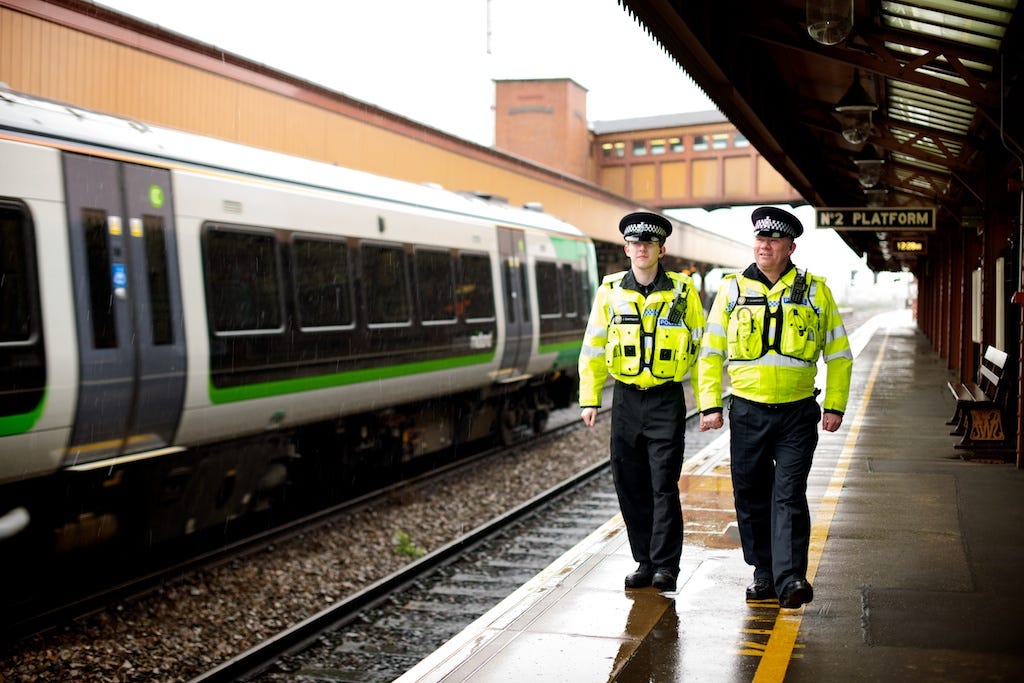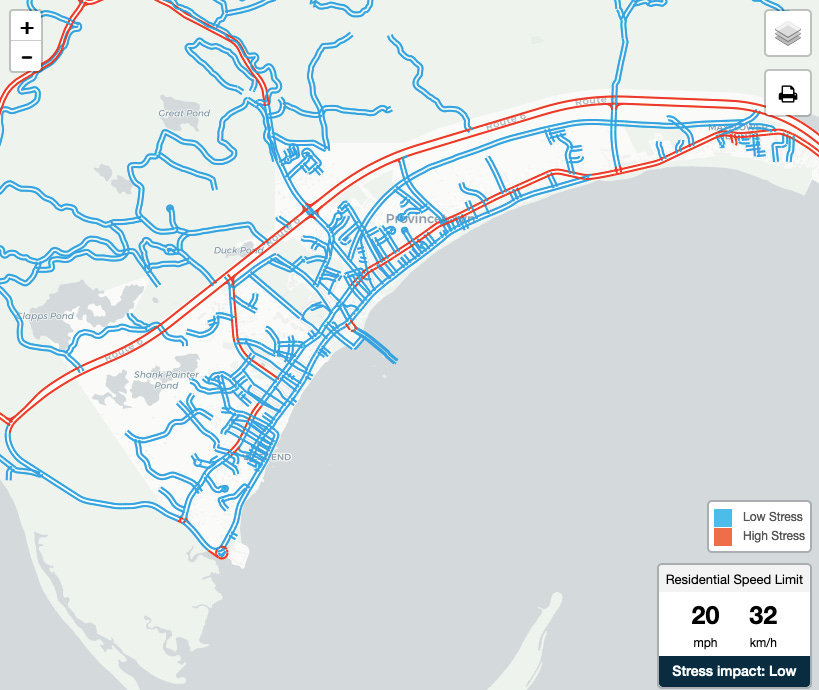Mobility Matters Daily #119 - Good will and no planning
With a really cool tool that uses open data
Good day friend.
Do I get the sense that many of us are being a tad more confident with making plans? Or maybe it is foolishness? Last week I managed to see some people for work in real life. Not only that, but I am planning to go and watch Manchester United’s first game of the season in a few weeks. I’ve even booked train tickets!! This is going to go horribly wrong isn’t it? To the news.
James
Transport networks are run on good will and overtime. That is not sustainable.
I must say that I hate the word ‘pingdemic.’ Its a word clearly made up by some newspaper copy editor to appeal to the working class. But enough of my lexicographical hatred, the UK’s public transport network is having to cut back its services as staff are having to self-isolate. Companies such as Thameslink, Greater Western, and South Western Railway have already had to cancel services as a result.
When talking of resilience of transport, we often speak of a changing climate or having adaptable streets. But we don’t talk about the people who keep transport running. On the railways, services are kept running by a mixture of overtime and rest day working on behalf of drivers and conductors. There are also significant vacancies in local authorities for traffic managers, signal engineers, and road gangs to do the work. So much so, that projects are being delayed, being made worse by a lack of materials. This is a fundamental supply chain issue. Us as planners can say we want things to be built. But without the people to do it, our plans are going nowhere.

Is planning overrated?
It’s strange the things that go through your head when reading articles. When I read this article on the planned unplanned cities of Pakistan, I got to thinking about whether the way that we plan cities does not align well with what cities actually are. Further prompted by this interesting historic article by DS Metram about Indian cities and the need to plan dynamically, along with my own Council adopting their 2015 Local Plan last week (you heard that right), I am starting to wonder whether there may be legs to this idea.
I’m not saying don’t plan, as infrastructure is essential for any city. But as I have often stated, cities are dynamic things that are in constant re-invention. When there is a failure of planning, there is sometimes a tendency to want to plan more, as opposed to planning in a way that is adaptable. In the words of Andrew Lundgren:
The key is not more bureaucracy, but rather increased coordination and accountability.
Luckily, the likes of the Royal Town Planning Institute have been doing some excellent thought-leadership on new models for planning, especially their Net Zero report released in January. The ability to plan dynamically to meet the challenges that people face, and not just more planning as a means of control, should be explored as part of this.
Visualisation of the Day
I came across this tool by PeopleForBikes the other day called the Bicycle Network Analysis tool. It does something great. It uses open data (the Census and OpenStreetMap) to map, very simply, how good the road network of a city is for cycling. It has so far mapped 1095 places across the world. Check it out. It’s so cool.
Source: Bicycle Network Analysis tool
If you do nothing else today, do this
Have a look at Oliver O’Brien’s Bike Share Map, including live data from over 400 systems worldwide. It’s been around a while, but its really rather good.



